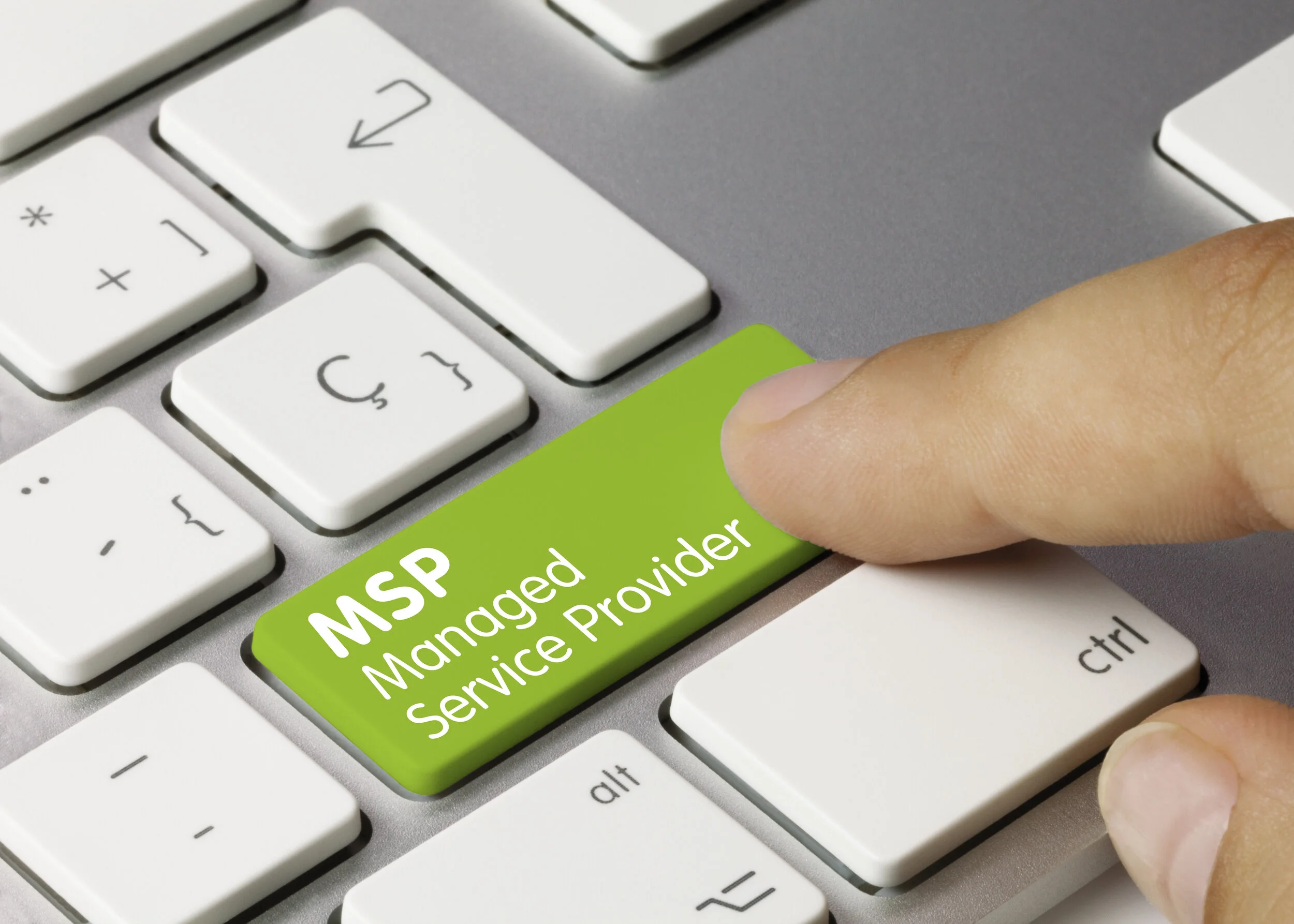Value of Managed IT Services for SMBs
Benefits of Managed IT Services
In today’s business environment a challenge of SMBs is to maintain and implement Information Technology solutions, both the budgetary and service level while leverage technology to improve productivity and enhance the way they do business.
With IT complexity, maintaining backups, patches, updates, and security, and minimizing business disruptions a SMB can become overwhelmed and if these important tasked are ignored, it could lead to lost of revenue or worse.
Here’s a look at a few ways Managed IT Services provides benefits to organizations:
Managed Services provides a predictable monthly cost, so no matter the level of support needed each month the budget remains the same, the predictable budget eliminates unanticipated labor costs, and maintains the budget.
SMBs need flexibility to scale with the growth of the business whether you are adding employees or scaling back employees the Managed IT services monthly budget is flexible to change with your business IT requirements ensuring you are never over paying for the services needed.
As a SMB, having a trusted technology partner providing full service technology and support needs from VOIP systems, Website, Network Infrastructure, Back Office Systems, POS (Point of Sale), Network Security and Help Desk Support eliminates the costly business mistakes of implementing to much technology or not enough.
Bottom line, SMBs realize lower Total Cost of Ownership and higher Return on Investment by outsourcing IT services to a Managed Service Provider and enables you to focus on growing your business.
Complimentary IT Alert-Keys For Crysis Released
|
Health Care Providers and Managed IT Services: Why are They Inseparable?
In healthcare, there is absolutely no escape from the mandatory utilization of technology. From the simple task of setting an appointment to billing and procedure codes, everything requires an intensive use of protocols that can be implemented only through the use of technology. HHS mandates these processes across the board, from a doctor who is operating solo to the largest hospitals. All HIPAA covered entities must adhere to rules and standards set forth in ANSI 5010 starting Jan. 2012 and ICD-10 starting Oct. 2015. Needless to say, all providers need help using the technology that is designed to bring efficiency and accuracy to the health care system.
Let's discuss why doctor's offices and clinics need managed IT services.
- You're a Medical Professional: As a doctor you don't have the knowledge to repair your own networks in case there is a failure. Your support staff is trained to make appointments and take blood pressure, draw blood along with several other medical-related responsibilities. They don't fix computers for a living.
- The prohibitive cost of an in-house IT team: Hiring an IT staff even as part-time employees can be very costly, and even full-time staff may not provide all your support needs. System failures can be very unpredictable and technology can be a 24/7 concern. IT support based solely on your own payroll is not typically a practical choice for doctors or clinics.
- Data security: This is a very serious issue in health care. Medical records of patients must be protected according to HIPAA requirements. Laws governing health care provides stiff penalties and fines in the case of a breach in patient's private information. You need to make sure that your networks are impenetrable. There are even requirements now to prove that you've had a qualified professional attempt to hack your systems on a routine basis. Managed Service Providers (MSPs) specialize in technologies that will safeguard your data. There are also software maintenance and upgrade issues to be addressed. Outdated software and hardware can expose your systems to hackers. An in-house IT team may be too busy to keep up with the changes, thus making your data vulnerable.
- Monitoring: The best way to avoid critical breakdowns and security breaches is 24/7 monitoring. This is the surefire way to avoid and control security breaches, viruses and hacker attacks, but it isn't something a small firm can do on its own. It requires the presence of 24/7 labor plus investment in exceptionally sophisticated software and hardware. This sort of investment is not practical for smaller firms.
- Government regulations: Now there are new government regulations in place that all health care providers must comply with. The purpose is to speed up the billing process and promote more accurate diagnostic records, all while protecting patient privacy.
- ICD-10 and ANSI 5010: The World Health Organization has updated the international system of coding diseases. It is called ICD-10, with implementation mandated by Oct. 1st 2015. Implementation of ICD-10 requires the use of the new billing system called ANSI 5010, which was to take effect on Jan. 1st 2012. These regulations are designed to improve the information flow between systems so the providers will get paid faster and the patient's conditions will be diagnosed more precisely.
- Electronic Health Records (EHR): The government now mandates that all the patient's health records be maintained electronically. Also, this mandate provides for the patient's right to know who has accessed their medical records and when. The patient portals that are gaining popularity will be another task to manage.
So what does all this mean for health care providers in terms of managing their networks? More data volumes, more software packages, and more privacy headaches.
At the end of the day, you have to decide what your priorities are as a health care provider. It should be to provide the best care to your patients without having to worry about your infrastructure. As a MSP, we can ensure your focus remains on healthcare.






